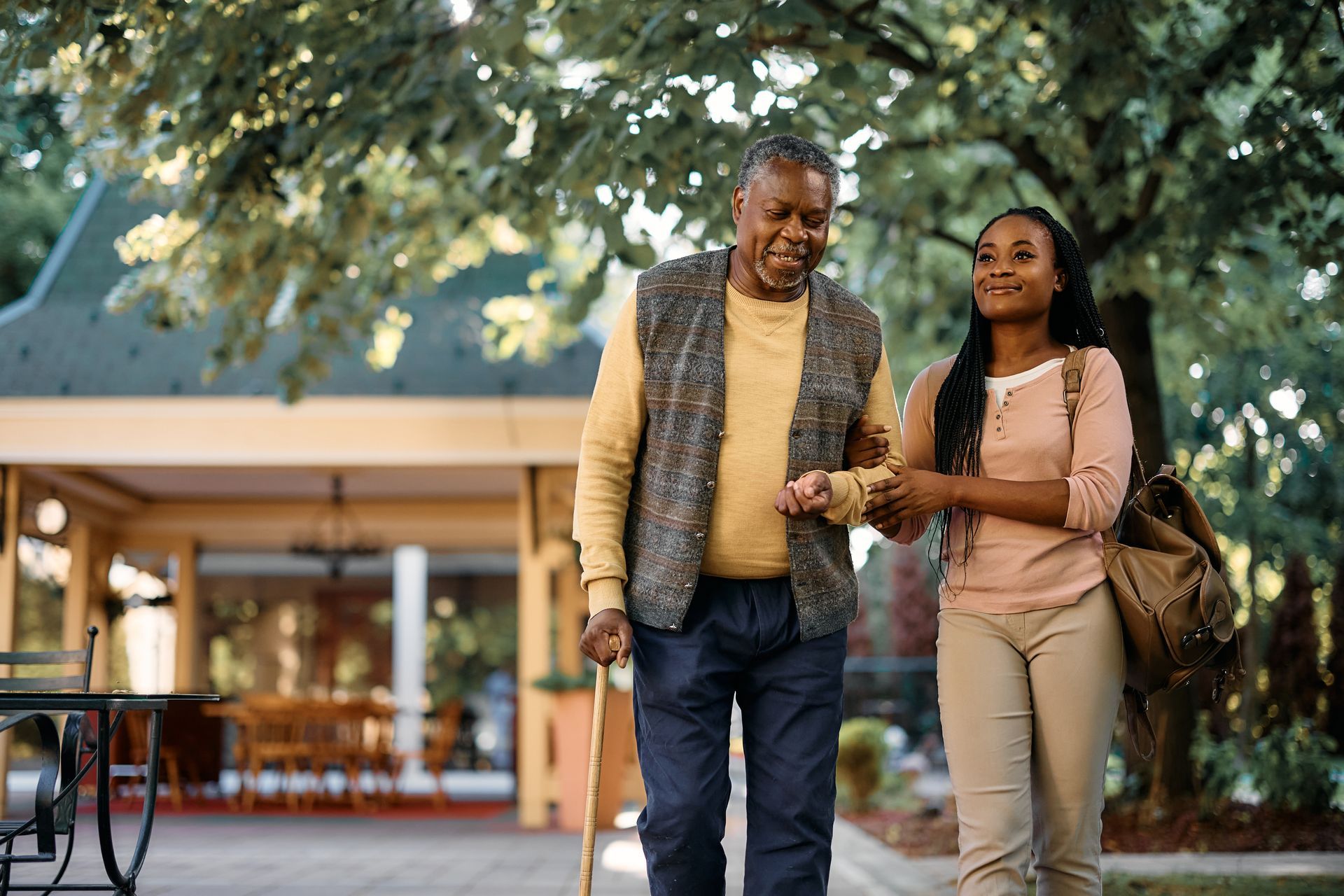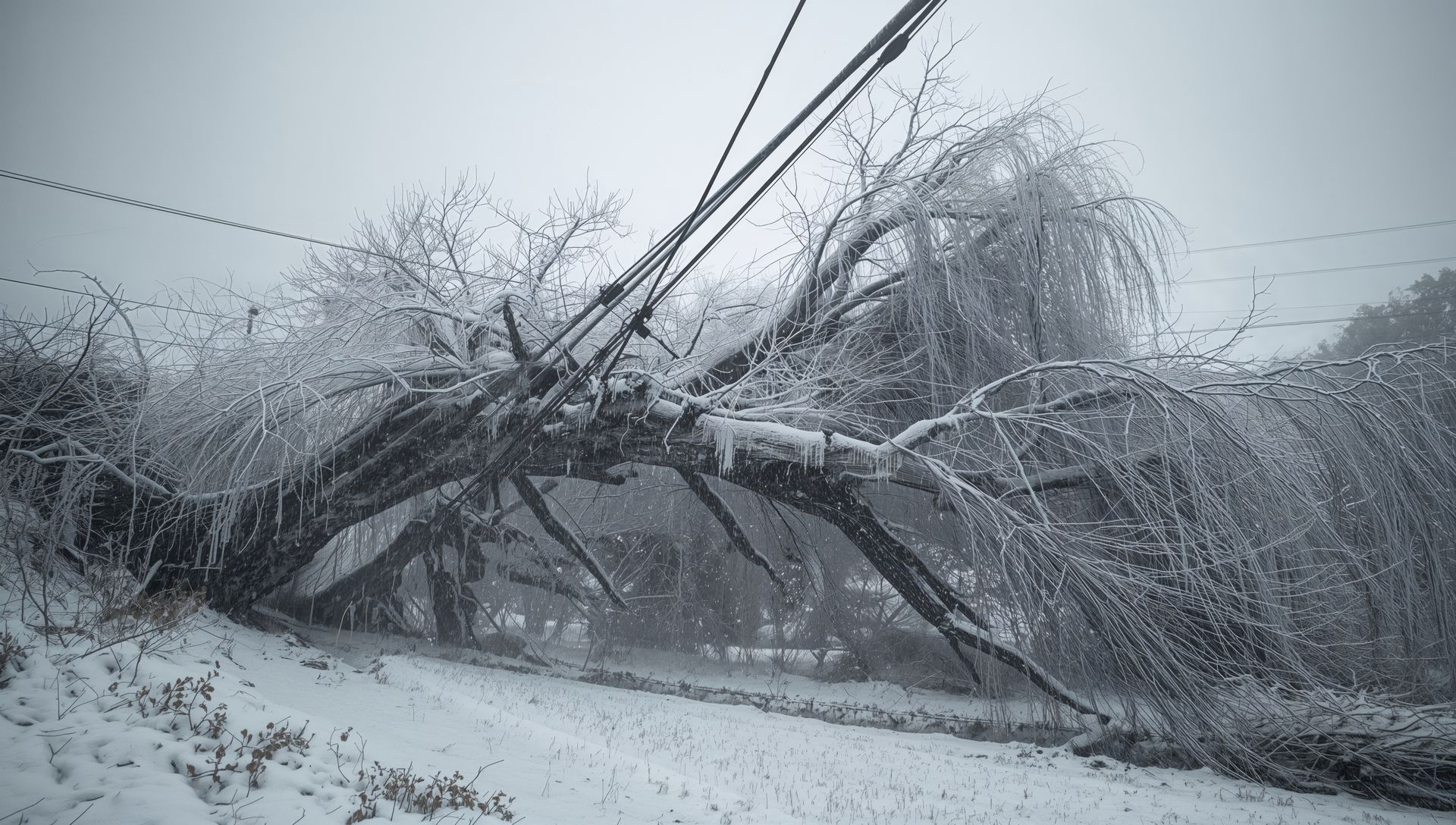Do you remember when new vehicles didn’t come with on-board navigation systems and if you wanted one (because maybe you’re directionally challenged like some people I know [that would be me . . .]), you had to buy something like a Garmin (I loved their commercials, especially at Christmas . . .) or a Magellan or some other brand that would talk you through your trip? It would tell you when to turn. It would tell you when to go straight. But my least favorite thing to hear it say was “recalculating” ‘cause that meant I’d messed up somewhere along the way and it was trying its best to figure out how to get me back on track, an effort that usually involved a U-turn somewhere along the way or three right turns and then a left. Kindly keep that word in mind; you’ll understand why later (hopefully . . .).
Several years ago, a woman I know was absent-mindedly wandering the aisles of a local store, picking up items, looking at them without really seeing them, perhaps checking the price before putting them back on the shelf . . . until she got to the backpacks. The school buying rush was over and the few that were remaining had been marked down considerably. And there, right in front of her, was the Goldilocks of all backpacks. It was just right—not too large or too small—the perfect size for carrying the items she needed to the nursing home . . .
And then she stopped.
She didn’t need a backpack. There would be no more trips to the nursing home. No more stuffing it full of the preferred snacks or new socks. Her brother had died recently, and his death had ended her time as his caregiver. And there was no other family on whom she could focus her attention.
She returned the backpack to the hook from which she had taken it and slowly, thoughtfully moved on down the aisle.
As his parents had aged he had cared for them with a dedication that defied description. Any hours not spent at work were spent with them and if you couldn’t find him, all you had to do was check their current place of residence. It might be the nursing home. It might be the hospital. But you could rest assured—wherever they were, he would be there, too.
As they aged and their health declined, that care became more challenging, especially when they were no longer able to stay together. But still he managed. At his mother’s death he focused even more on his father. And at his father’s death, he seemed lost. When the services were over and the world had grown quiet in their absence, he didn’t know what to do with all this free time he suddenly had. Looking at me one day he asked, “Who do I take care of now?”
But then he remembered this other gentleman he had seen during his nursing home days, a man who rarely seemed to have company. If he had family, they either did not come or lived so far away that frequent visits were not possible. So, he did the only thing that made sense. He adopted this lonely human, investing his new-found freedom in someone else’s life.
When a great deal of our time has been spent caring for someone else, and that need comes to an end, it can compound our grief and contribute to an even greater feeling of isolation. We knew where we were going. We knew how we would be spending our time. Their schedule became our schedule. And then suddenly . . .
Nothing.
The two people whose stories I just related had to recalculate, not because they made a wrong turn, but because their destination changed. One had to break old habits and redirect her thought processes. The other decided to find a new recipient of his kindness. Both faced the same difficulty and both chose the path that worked best for them at the time.
We all may find ourselves at that point someday. It may be an empty nest because the kids have flown away (even though they usually come back . . . and bring more with them), but it may also be a more permanent type of emptiness. A parent or spouse or sibling for whom we cared, both in heart and in health. A child taken from us whose absence leaves an unfillable void. The caregiver often suffers more than others; their bond is stronger, their lives more entwined. But no matter how great the loss or how deeply someone’s death may affect you, recalculating is always an option, even if it doesn’t seem so at the time. The hard part is choosing the best route to your new destination.
About the author: Lisa Shackelford Thomas is a fourth-generation member of a family that’s been in funeral service since 1926 and has worked with Shackelford Funeral Directors in Savannah, Tennessee for over 45 years. Any opinions expressed here are hers and hers alone and may or may not reflect the opinions of other Shackelford family members or staff.













